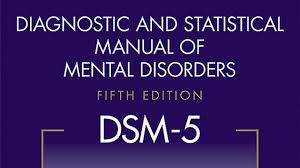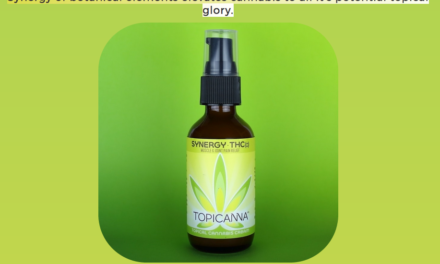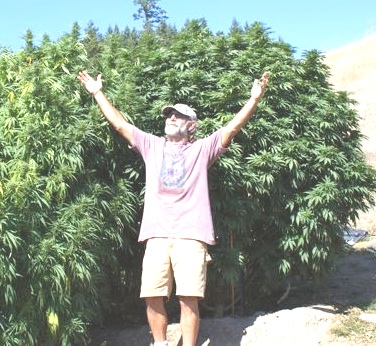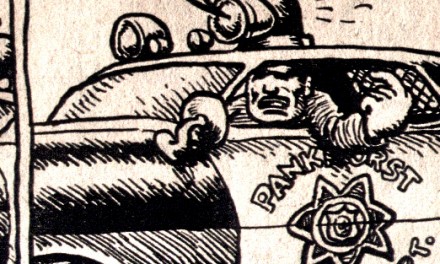The Diagnostic and Statistical Manual of the American Psychiatric Association is known as “The Bible” of the profession. The DSM has a double purpose: it endows the field of Psychiatry with a facade of rigor and it facilitates billing. The DSM defines and assigns a number to every ailment of the mind and spirit for which psychotherapists provide treatment, physicians prescribe medication, and insurance companies reimburse.
The first DSM, published in 1952, listed 106 disorders. By increasing the number of disorders and the broadness of the definitions over the years, the DSM authors —establishment psychiatrists with drug-company funding— have increased the number of Americans who qualify for prescription drugs (and, fortuitously, for medical marijuana).
“Cannabis Abuse” is one of many conditions defined by the DSM under “Substance Related and Addictive Disorders.” The other substances said to give rise to “addictive disorders” are alcohol, caffeine, hallucinogens (phencyclicine and others), inhalants, opioids, sedatives (hypnotics or analgesics), stimulants, and tobacco.
DSM-V says, “The diagnosis of a substance use disorder is based on a pathological pattern of behaviors related to use of the substance.” Nine such behaviors are listed:
“Criterion 1: The individual may take the substance in larger amounts or over a longer period than was originally intended.”
• If you try marijuana and find that it agrees with you, you’re likely to use it more frequently than originally intended. How is that evidence of pathology?
“Criterion 2: The individual may express a persistent desire to cut down or regulate substance use and may report multiple unsuccessful efforts to decrease or discontinue use.”
• If a parent (or boss, counselor, or other authority figure) says marijuana is dangerous and you must stop using it, you may promise to stop. But then you’re with your friends and you’re re-convinced that it’s harmless (and even helpful), so you resume. According to the psychiatrists’ Bible, that is evidence of pathology. But it’s actually evidence of disobedience. Marijuana use is a marker of disobedience.
“Criterion 3: The individual may spend a great deal of time obtaining the substance.”
• That is a direct result of prohibition.
“Criterion 4: Craving is manifested by an intense desire or urge for the drug… more likely when in an environment where the drug previously was obtained or used.”
• The DSM authors sneak ‘intense’ into the sentence like a virus. Craving can be intense or mild. The craving for cannabinoids is very mild compared to the craving for, say, opiates. For many it’s milder than the craving for coffee. And of course you’ll be “craving” more when you’re around people who are indulging. Duh.
“Criterion 5: Recurrent substance use may result in a failure to fulfill major role obligations at work, school, or home.”
• This makes sense if the failure to fulfill is due to impairment, but 99 times out of 100 it’s due to punishment.
“Criterion 6: The individual may continue substance use despite having persistent or recurrent social or interpersonal problems caused or exacerbated by the effects of the substance.”
• Meaning: if people who disapprove of your cannabis use snub you, it’s your fault and evidence of pathology.
“Criterion 7: Important social, occupational, or recreational activities may be given up or reduced because of substance use.”
• Who decides that a given extra-curricular is “important?” Not the patient, obviously. Some people are like Ferdinand the Bull, they’d rather smell the flowers than play football.
“Criterion 8 is recurrent substance use in situations in which it is physically hazardous.”
• Definitely a sign of stupidity.
“Criterion 9: The individual may continue substance use despite knowledge of having a persistent or recurrent physical or psychological problem that is likely to have been caused or exacerbated by the substance.”
• A drug can simultaneously exacerbate a problem and produce benefit. Say you have chronic bronchitis, PTSD, and insomnia. You have a nightmare and wake up in a sweat. You smoke some marijuana, which makes you cough —but restores equanimity and makes sleep possible. A reasonable choice or evidence of pathology?





